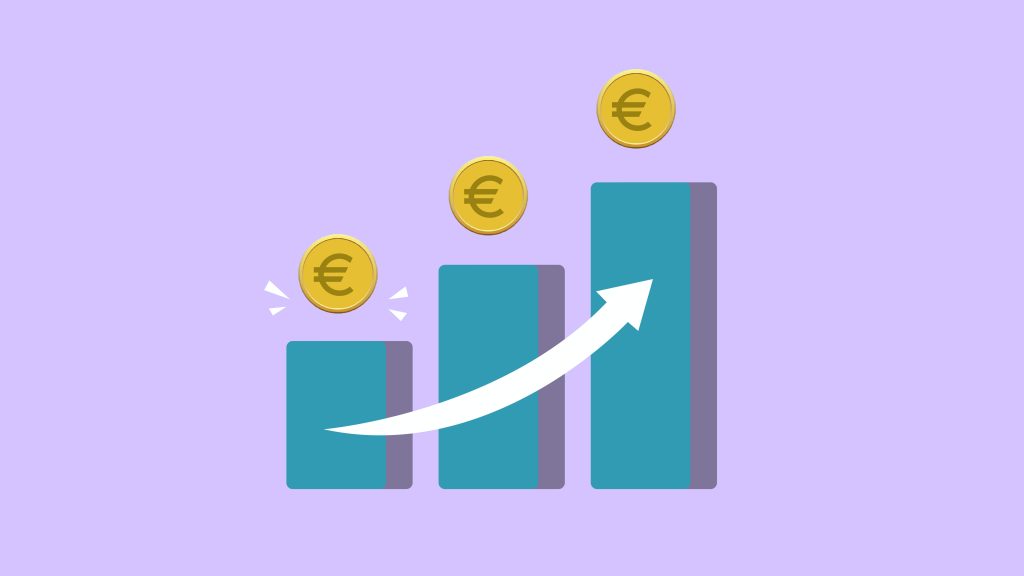November 29, 2023 – Thanks to the increase in consumption and investments, the Croatian economy growth was confirmed in the third quarter of this year, for the 11th quarter in a row. The economy grew by 2.8 percent on an annual basis, faster than in the previous quarter as well.
The Croatian Bureau of Statistics (CBS) published the first estimate on Tuesday, according to which the gross domestic product (GDP) grew by 2.8 percent in real terms in the third quarter compared to the same period last year, writes Poslovni.
This is faster growth than in the second quarter of this year, when GDP grew by 2.6 percent. This is the 11th quarter in a row that the economy has grown.
Consumption and investment growth
According to CBS data, household consumption, which is the largest component of GDP, increased in the third quarter by 3 percent compared to the same period last year, faster than the 2.1 percent growth in the previous quarter.
Gross investments in fixed capital increased by 6.1 percent on an annual basis, significantly faster than in the previous quarter, when growth amounted to 4.2 percent.
Government consumption also increased, by 2.1 percent, after having strengthened by 6.8 percent in the previous quarter.
On the other hand, exports of goods and services decreased in the third quarter by 8.5 percent on an annual basis, significantly more than the 0.7 percent decline in the previous quarter.
At the same time, the export of goods decreased by 20.4 percent, and the export of services by 0.5 percent.
The import of goods and services decreased by 12.1 percent, significantly more than in the previous quarter, when it decreased by 1.6 percent.
At the same time, the import of goods decreased by 14.8 percent, while the import of services increased by 5.9 percent.
Croatian Economy Growth faster than the EU average
According to seasonally adjusted data from the CBS, the economy grew by 3 percent on an annual basis in the third quarter, and 0.3 percent on a quarterly basis.
Thus, the growth of the domestic economy is faster compared to the average in the EU.
Eurostat recently announced that in the past quarter, according to seasonally adjusted data, the EU economy stagnated compared to the previous quarter, while it grew by 0.1 percent on an annual basis.
In the third quarter, the eurozone economy, on the other hand, decreased by 0.1 percent on a quarterly basis, and grew by 0.1 percent on an annual basis.










